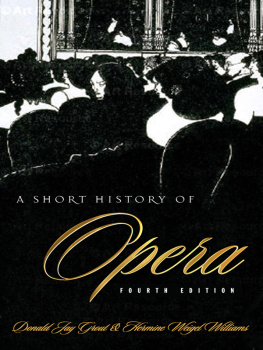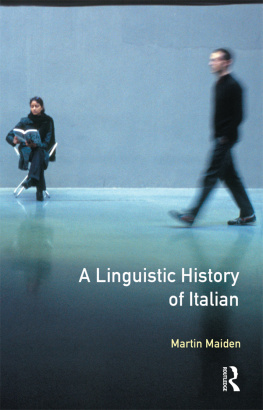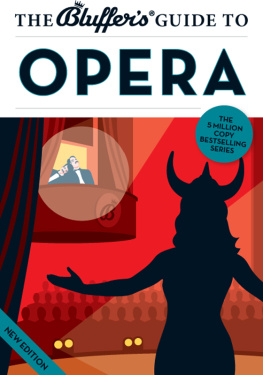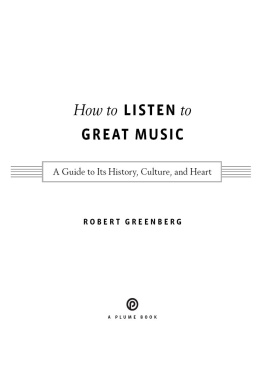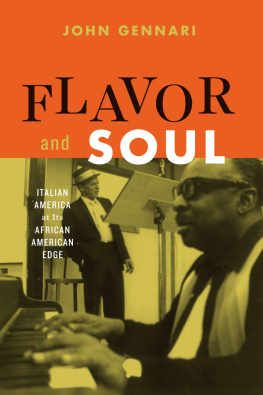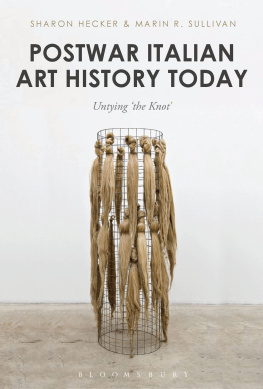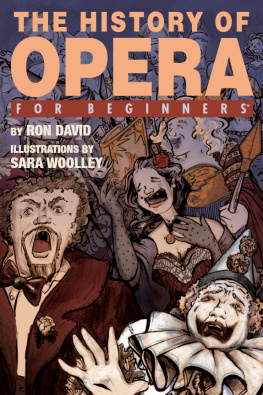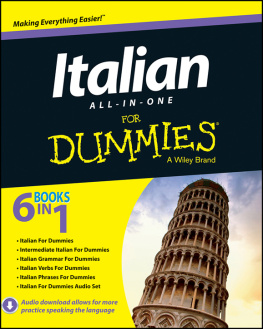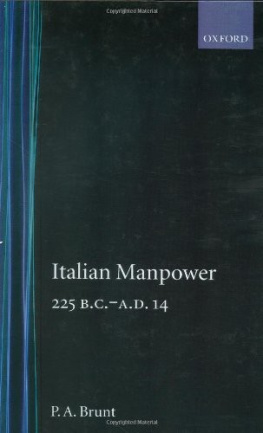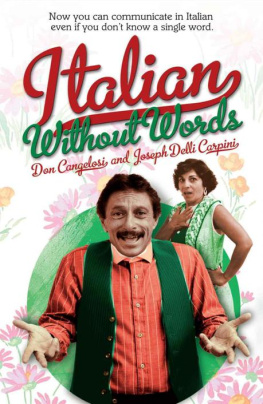ROUTLEDGE LIBRARY EDITIONS: ART AND CULTURE IN THE NINETEENTH CENTURY
Volume 7
VINCENZO BELLINI AND THE AESTHETICS OF EARLY NINETEENTH-CENTURY ITALIAN OPERA
VINCENZO BELLINI AND THE AESTHETICS OF EARLY NINETEENTH-CENTURY ITALIAN OPERA
SIMON MAGUIRE
First published in 1989 by Garland Publishing, Inc.
This edition first published in 2019
by Routledge
2 Park Square, Milton Park, Abingdon, Oxon OX14 4RN
and by Routledge
711 Third Avenue, New York, NY 10017
Routledge is an imprint of the Taylor & Francis Group, an informa business
1989 Simon Maguire
All rights reserved. No part of this book may be reprinted or reproduced or utilised in any form or by any electronic, mechanical, or other means, now known or hereafter invented, including photocopying and recording, or in any information storage or retrieval system, without permission in writing from the publishers.
Trademark notice: Product or corporate names may be trademarks or registered trademarks, and are used only for identiication and explanation without intent to infringe.
British Library Cataloguing in Publication Data
A catalogue record for this book is available from the British Library
ISBN: 978-1-138-35894-2 (Set)
ISBN: 978-0-429-42671-1 (Set) (ebk)
ISBN: 978-1-138-36598-8 (Volume 7) (hbk)
ISBN: 978-0-429-43051-0 (Volume 7) (ebk)
Publishers Note
The publisher has gone to great lengths to ensure the quality of this reprint but points out that some imperfections in the original copies may be apparent.
Disclaimer
The publisher has made every effort to trace copyright holders and would welcome correspondence from those they have been unable to trace.
Vincenzo Bellini and the Aesthetics of Early Nineteenth-Century Italian Opera
Simon Maguire
Copyright 1989 by Simon Maguire.
Library of Congress Cataloging in-Publication Data
Maguire, Simon.
Vincenzo Bellini and the aesthetics of early nineteenth-century Italian opera / Simon Maguire.
p. cm. (Outstanding dissertations in music from British universities) Originally presented as the authors thesis (Ph. D.)Worcester College, Oxford University, 1984.
Bibliography: p.
Includes index.
ISBN 0-8240-2344-7 (alk. paper)
1. Bellini, Vincenzo, 1801-1835Criticism and interpretation. 2. OperaItaly19th century. 3. MusicItaly19th centuryPhilosophy and aesthetics. I. Title. II. Series.
ML410.B44M3 1989
782.1092dc20
89-31439
Designedby Valerie Mergentime
Printed on acid-free, 250-year-life paper.
Manufactured in the United States of America
Preface
Italian Attitudes To Music
At The Close Of The Bel Canto Era
This thesis is a first attempt to study the Italian attitudes to opera current while Bellini was studying and composing. It draws mainly on Italian critical and aesthetic writing dating from the end of an era that was still dominated by the Italian bel canto. The last part examines bel canto itself in more detail. Many of the writers considered are unfamiliar today, and occasionally their attitudes seem impossibly dated, but they express the accepted views on music, opera, and singing that still dominated a particularly insular tradition. Consequently, more progressive figures like Mazzini are not featured in the following exploration of Italian aesthetics of opera, as they represent ideas that grew after the period considered here.
Since 1985, I have worked more on Bellinis music than on the ideas it springs from. However, before knowing that the thesis itself might be published, I did prepare an essay concentrating more specifically on Italian reservations concerning the particular expressive powers of music during the pre-Romantic period. As a preface to the thesis, I thought that it might be helpful to place Italian attitudes more clearly into the broader context of European musical aesthetics.
Considering the historical importance of Italian opera, the attitudes that form part of its tradition still seem to have evaded critical attention remarkably successfully, even though there is a growing literature on musical thought during the period 1750-1835. However, Fubini does not explore the attitudes peculiar to Italians in much detail, so the written tradition considered here is hardly touched upon. In fact, these preconceptions had dominated Italian writing on music for about as long as bel canto had existed, and touch on the question of just how much Italians expected the actual musical part of their operas to contribute to the whole.
It is worth making clear at the outset what Italians thought the effects of music were, because it seems to have since been assumed by everyone that their opera was a purely musical affair. Carl Dahlhaus, for example, claims that the texts of eighteenth-century Italian operas were aesthetically secondary to the music, even though they preceded it. Although this might be regarded by some as a valid judgement on their actual dramatic quality, it is not an explanation of the nature of opera that would have been acceptable to contemporaries of the works themselves. Italians do not appear to have believed that music dominated opera, nor even expected it to have the power to do so; and, before the advent of Verdian opera and the eventual encounter with Romantic symphonism, there was no musical tradition to suggest it. The assumption, partly inherited from Wagner, that the earlier Italian opera was, at heart, a purely musical form, seems to be bom of the conviction that it was certainly not a dramatic one, rather than from any faith in the Italian appreciation of music.
Musical thought in other countries evolved from, and gradually grew out of, traditional theories of imitation, a complex process recently described in detail by John Neubauer.
In fact, Italians of the late eighteenth and early nineteenth centuries wrote as if the arts embraced most aspects of human life, even involving fields like philosophy and law-giving. This approach is not as peculiar as it might seem, and can be traced to earlier English and French texts. The most comprehensive eighteenth-century exposition on the theme was provided in A Dissertation on the Rise, Union and Poteer, the Progressions, Separations, and Corruptions of Poetry and Music (London, 1763) by the ReverendJohn Brown (1715-1766); this book was published in Italian in 1772. There were many similar, if briefer, accounts to draw on from the great classicist Gravina, from Rousseau, Barthlemy, and the Spanish Jesuit, Arteaga.
These writers considered that arts like poetry, gesture, and singing, which had such an important bearing on the health of society, were summed up in the great art-form of opera, and their descriptions of Ancient Greek tragedy were cast in the same mold. The stance taken by Grossi in 1820 therefore comes at the end of a long series of standard works on the subject: Padre Martinis history of music (1781), Calsabigis Dissertazione on Metastasio (1755), Metastases own


